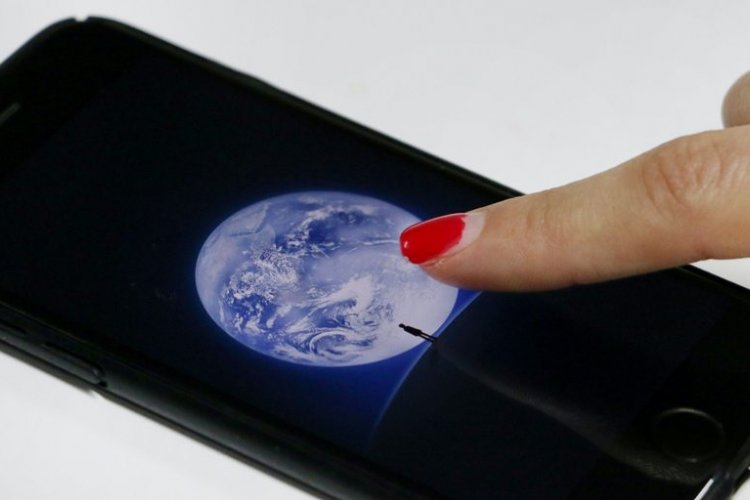This Secondhand Book Mini-Program Turns the Page on Trading Books in Beijing
Despite the increased popularity of e-reading devices, the paper book market in China has actually been on the rebound since 2014, according to an online survey. However, the secondhand book market is relatively tiny due to limited trading outlets.
Fortunately, Déjà Vu, or 多抓鱼 (duō zhuā yú) in Chinese, a start-up platform for selling and buying secondhand books that are accessed via a mini-program on WeChat, have emerged to fill that gap and are thriving by offering a great service to price-conscious bookworms.

On Déjà Vu, people can buy and sell with ease since the trade is nearly effortless, especially for those of you who have continued studying your Mandarin. Bookworms who are reluctant to throw out unwanted books, can scan the barcode or input the International Standard Book Number (ISBN) of the books to get the resale price, then wait for the courier to collect them. When someone places an order, the vendor is notified and can then collect their payment online.
Usually priced between 10 and 30 percent of what they might cost new, these books certainly won’t earn sellers a huge fortune, but it’s way better than selling to trash collectors for petty cash. Also, the thought of selling these books to true book lovers who share similar reading tastes is also comforting for bookworms who otherwise might choose to hoard these books for sentimental reasons.

To narrow down the target options for otherwise overwhelmed buyers, Déjà Vu provides a bunch of lists with various categories, such as new arrivals, cooking books, art, science, music, photography, detective novels, rare books, learning, short stories, Déjà Vu best-sellers, and books for kids. These will mostly be in Chinese, though there are also some Western bestsellers. We can’t say there is an impressive collection, due to it only being in existence since early 2017, but it is growing quickly.
For each book, there’s price info, description of the book’s condition, the original price as new, ratings in popular reading-focused websites such as Douban and Goodreads, as well as a synopsis of the book. There is a fee for delivery, but if your order is beyond RMB 100, then it’s free. What’s even better, Déjà Vu now allows users to pay a deposit (fee is based on the price of the book you’re reserving) to keep a book in the warehouse for up to 10 days and wait for other good books to become available so they can save on delivery costs. If you still don’t want the book after 10 days, you are given a refund with a 10 percent deduction.

If you're looking for a specific book but can't find it on Déjà Vu, you can also click 到货提醒 (dào huò tí xǐng “reminder on arrival”) to help you snatch up books as soon as they arrive given that new arrivals often sell within a couple of hours.
Those thoughtful details contribute to Déjà Vu’s popularity, along with the fact that it's a relatively cost-effective way to trade and buy books. The community atmosphere is also fostered through recommended lists of books contributed from other users based on added tags. There is also the added convenience of nailing down a trade after a few taps on your smartphone, saving you from thumbing through old and dirty books at used goods markets and the frustration of leaving empty-handed after hours of hunting.
Can’t wait to clear out your bookshelves/get more books? Try Déjà Vu out by scanning the QR code below:

READ: Speed Reader: Beijing to Double its Brick-and-Mortar Bookstores Within Two Years
This article originally appeared on our sister site beijingkids.
Photos: Déjà Vu, Pixabay







